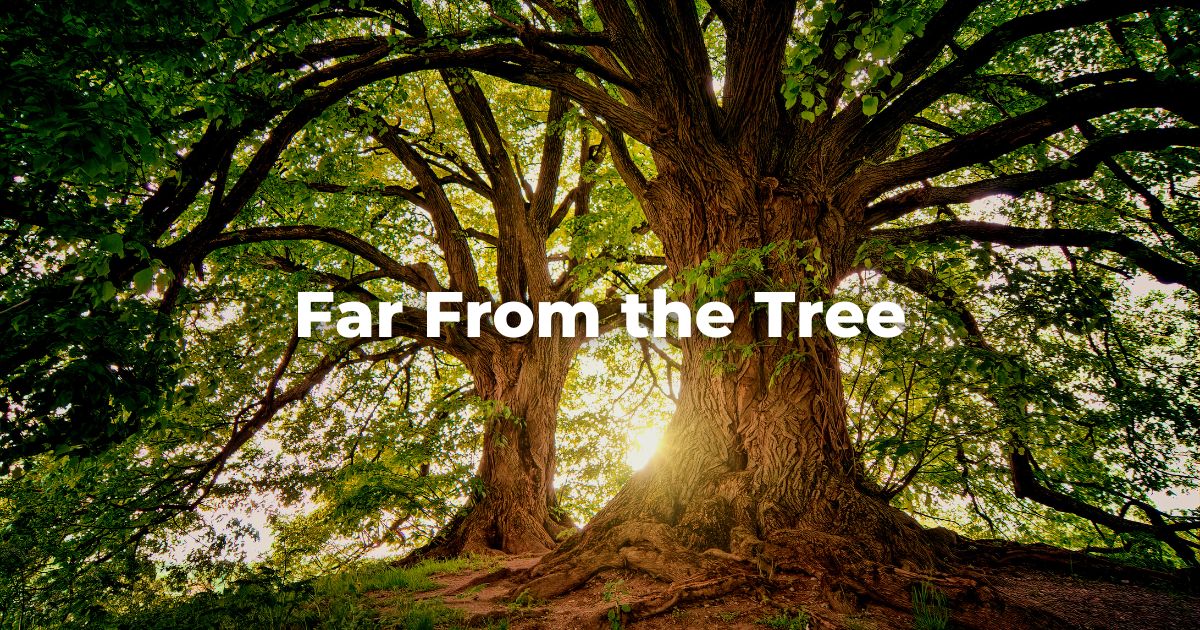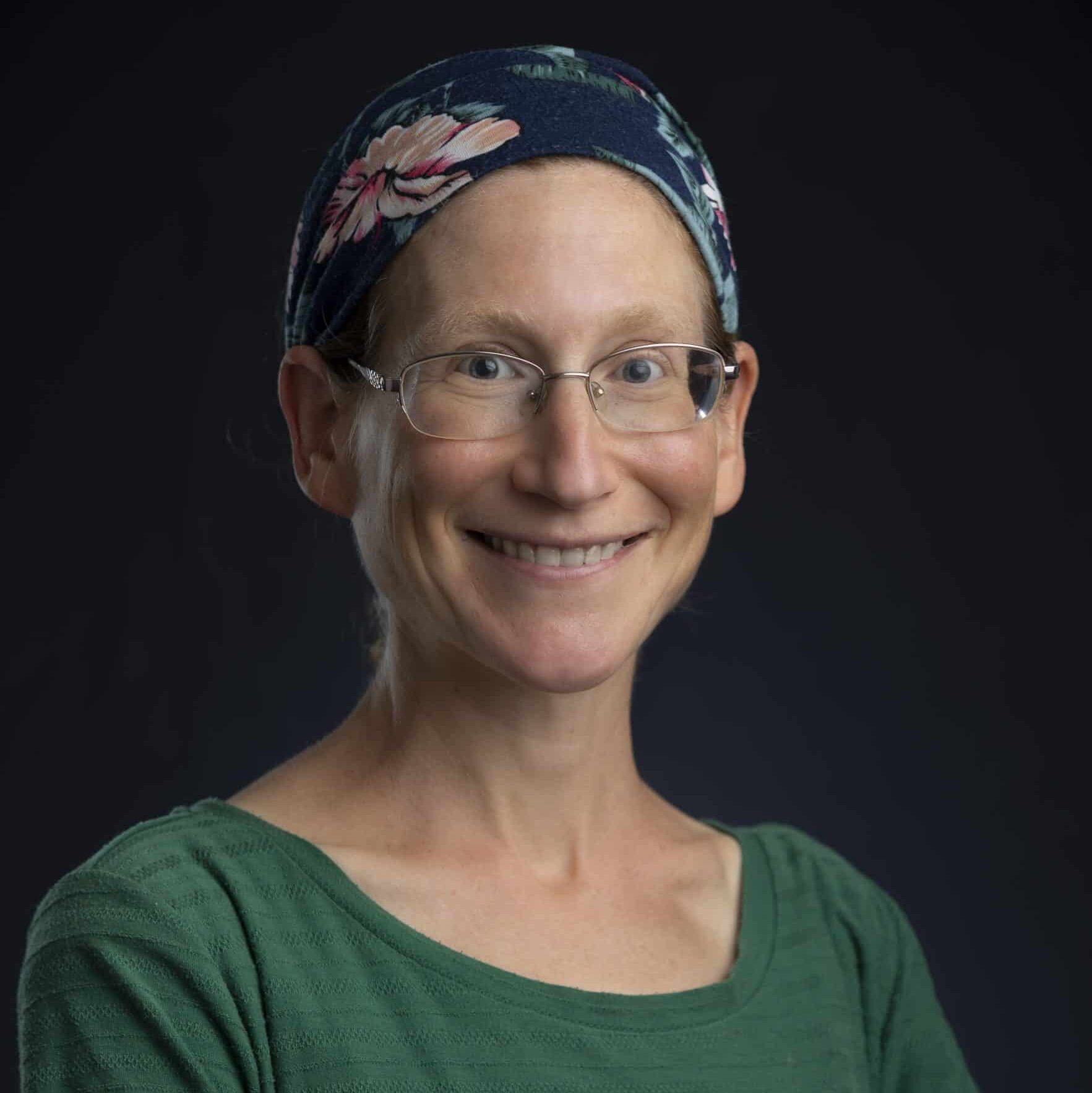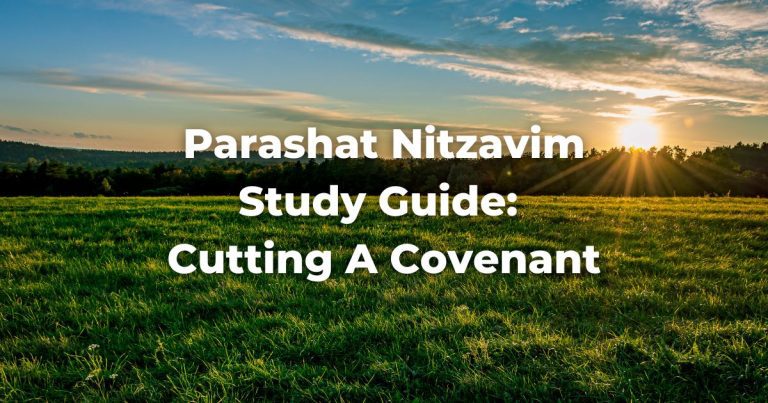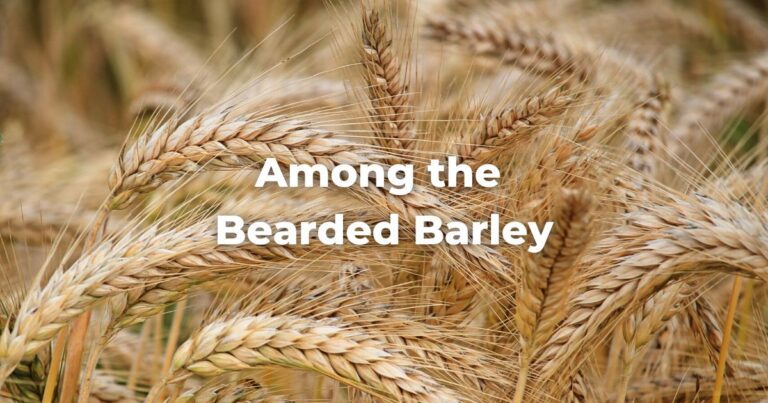Parashat Tazria takes its name from the description of conception and childbirth in the first verse: “When a woman brings forth seed and bears a male…” (Leviticus 12:1).
Bringing forth seed
The notion of a woman bringing forth seed was understood by many traditional commentators in light of the ancient scientific notion, attributed to the Roman physician Galen, that a woman’s menstrual blood contains the seed that unites with the male seed—the semen—to produce a fetus in the womb.
Beyond this scientific frame of reference, the use of the agricultural metaphor of bringing forth seed to connote the creation of a human being transports us back to the creation of the world in Genesis, when the earth first brought forth seed-bearing plants and the first human beings were created.
With the sin and punishment of Adam and Eve, the act of bringing forth seed became a human enterprise, at once setting us at odds with the earth and, at the same time, ensuring that our fate and that of the earth remain inextricably bound up in one another.
In the opening chapter of Genesis, the first reference to bringing forth seed precedes the creation of humanity.
On the third day of creation, God commands, “Let the earth sprout vegetation: seed-bearing plants, fruit trees of every kind on earth that bear fruit with the seed on it” (Genesis 1:11). God wishes for the earth to sprout plants that bear seeds, as well as fruit trees that bear fruit containing seed.
God’s diaspointment
But the midrashThis word is used in two ways, as both a concept and a literature. As a concept, midrash is the expansive interpretation of biblical texts. The term is used to describe the practice of rabbinic interpretation. As a text, it refers to specific collections of interpretations, particularly from the third to ninth centuries in the Land of Israel and Babylonia. Plural: Midrashim
Read more (Genesis Rabbah 5:9) is troubled by an inconsistency in the Torah’s description of the fulfillment of this command. Although God had charged the earth to sprout “fruit trees” (etz pri), what in fact grew were “trees that made fruit” (etz oseh pri).
The rabbis explain that while God wished for both the tree and the fruit to be edible, in actuality the trees themselves only served as bearers of edible fruit.
The creation of seed-bearing fruit, then, was God’s first experience of disappointment—for the first time, creation did not turn out exactly as God had planned. As a result, the midrash concludes, the earth was punished for its sin along with Adam, who is told by God that “the ground will be cursed because of you” (Genesis 3:17).
Adam was punished for the sin of eating from the Tree of Knowledge in spite of God’s explicit injunction not to do so. Just as the trees which God created failed to be as edible as their fruit, so too the human beings that God created failed to eat only the fruit that God had permitted. Once again, the fruit and its seed are bound up in frustrating disappointment.
Punishments and seed
Perhaps it should not come as a surprise, then, that the punishments given to Adam and Eve involve both fruit and frustration. Adam is told that he will have to toil to bring forth fruit from the ground, and the earth will not always yield its bounty: “By toil [itzavon] you shall eat… Thorns and thistles shall it sprout for you, and you shall eat the grasses of the field” (Genesis 3:18). Adam will plant seeds by the sweat of his brow, but alas, the earth will not always yield grain and fruit; sometimes nothing nourishing will sprout, and he will have only grass to eat.
Likewise, Eve is told that she will experience severe pain [itzavon] in childbirth, a term that Rashi translates as “the sadness of raising children.” This term, itzavon, is used to refer to both Adam’s toil and Eve’s pain, as Avivah Zornberg notes: “In both love and work, then, itzavon is the strange fruit of intentionality, of ‘sowing seed’ toward an imagined future” (The Murmuring Deep, p. 40). Zornberg understands itzavon as the gap between our desires (the fruit trees we hope to grow, the child we hope to raise) and reality (the thorns and thistles that spring up, the child we actually send off into the world). The harvest does not always meet the farmer’s expectations, and the fruit often falls far from the tree.
The first verse of our parashah reads deceptively smoothly, as if conception and childbirth were always so simple and straightforward: “When a woman brings forth seed and bears a male.”
But in reality, in ancient times as in our own, the struggle to birth and raise a child often involves tremendous toil, frustration, and disappointment.
As God discovered on the third day of creation, bringing forth seed is no simple matter, and the fruit we reap is not always what we expect from the seed we sow.
“It’s certain there is no fine thing / since Adam’s fall but needs much labouring,” wrote William Butler Yeats. It is certain that fine things require labor, yet even our laboring is not certain to produce something fine.
Perhaps this is the reason why the section of the TalmudReferring to one of two collections, the Jerusalem and Babylonian Talmuds, edited in the 6th century, that contains hundreds of years of commentary, discussion, and exploration of the ideas in the Mishnah. One could describe it as Mishnah + Gemara = Talmud Read more concerning the agricultural laws—known as Zeraim, meaning seeds—begins with the tractate Berakhot. Between seedtime and harvest, we pray that our bounty will bring blessing.
See more: Parashat Tazria
Originally posted as part of the Conservative Yeshiva at the Fuchsberg Jerusalem Center’s Torah Sparks. Support TorahRefers to the first five books of the Hebrew Bible, the Tanakh, also called the Five Books of Moses, Pentateuch or the Hebrew equivalent, Humash. This is also called the Written Torah. The term may also refer to teachings that expound on Jewish tradition. Read more learning from the Fuchsberg Jerusalem Center/Conservative Yeshiva for leaders and seekers around the world here.
Authors
-

Ilana Kurshan teaches Talmud at the CY. She is the author of If All the Seas Were Ink (St. Martin’s Press, 2017) and Why is This Night Different From All Other Nights (Schocken, 2005). She has a degree in History of Science from Harvard and in English literature from Cambridge, and has worked in literary publishing both in New York and in Jerusalem – as a translator, a foreign rights agent, and as the Books Editor of Lilith Magazine. Since October 2020, Ilana has been a regular contributor to Torah Sparks, FJC’s weekly parashat hashavuah blog.
View all posts -



The Fuchsberg Jerusalem Center (FJC) is a home in the heart of Jerusalem where leaders and seekers can find an authentic place in Jewish tradition to call their own. FJC offers opportunities to study, pray and explore within an egalitarian and inclusive setting, creating multiple pathways for finding personal and communal meaning.
View all posts






